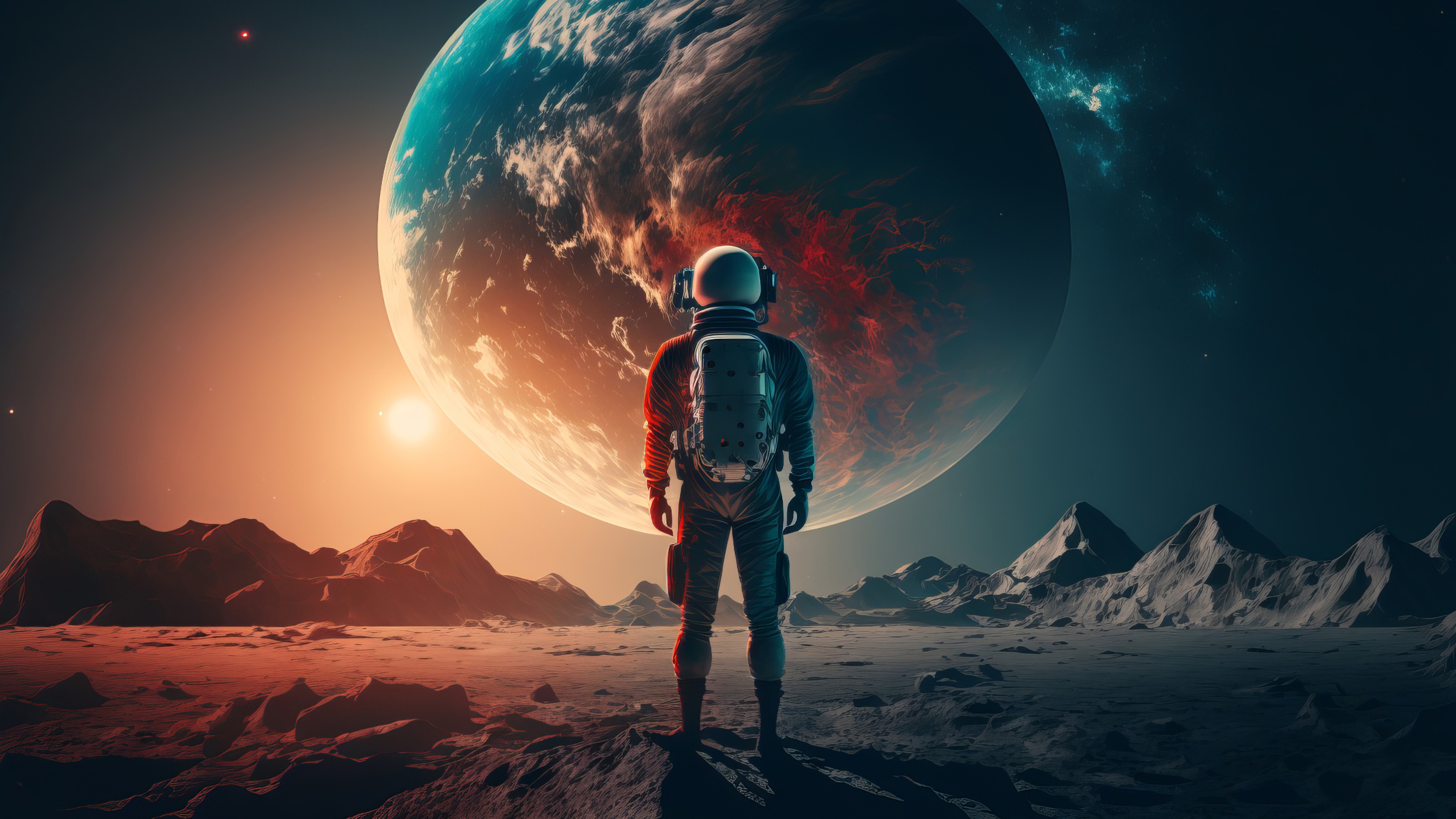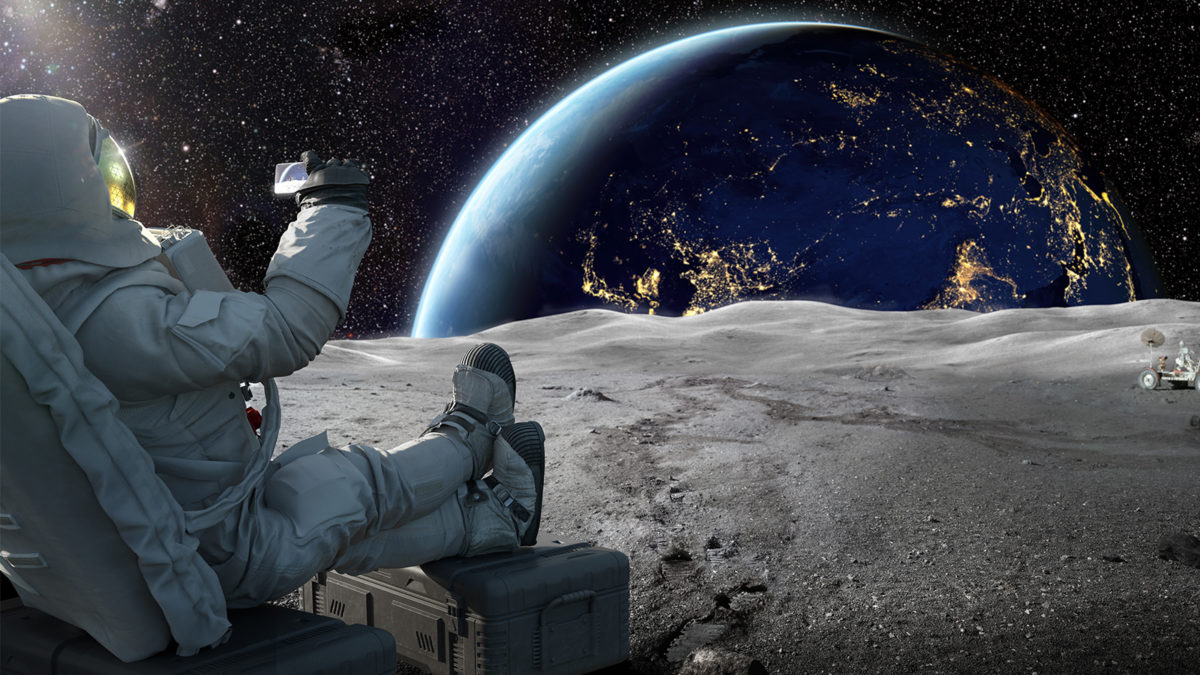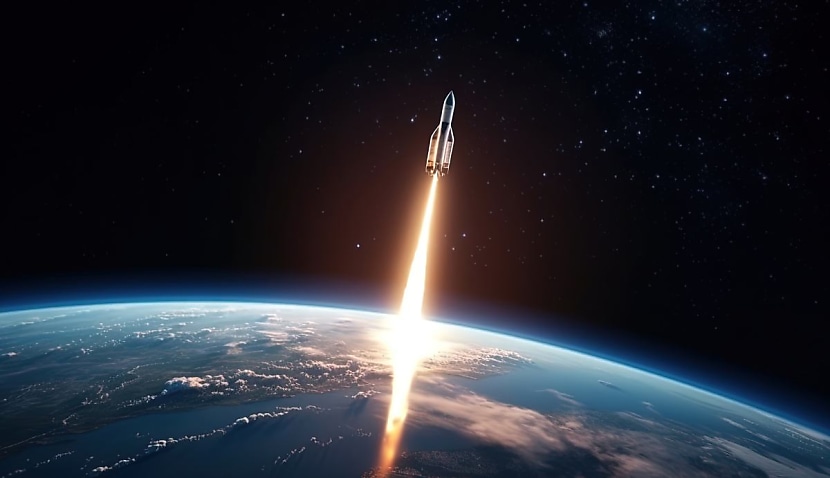Space Travel And Exploration: A New Frontier
Share

The allure of space has captivated humanity for centuries. From the ancient astronomers who gazed at the stars to the modern-day scientists and engineers pushing the boundaries of what is possible, the quest to understand the universe is a journey that continues to evolve. Today, space travel is not just a dream; it is becoming a reality for many. This article will take you through the fascinating world of space travel and exploration, highlighting key attractions, unique experiences, and the future of this extraordinary field.
The Rise of Commercial Space Travel

In recent years, the landscape of space travel has shifted dramatically with the emergence of commercial spaceflight companies. Pioneers like SpaceX, Blue Origin, and Virgin Galactic are making it possible for civilians to experience the wonders of space. These companies are not only launching satellites and resupplying the International Space Station (ISS) but are also working towards making space tourism a viable option for the general public.
Key Attractions
-
Suborbital Flights: Companies like Virgin Galactic offer suborbital flights that allow passengers to experience a few minutes of weightlessness and see the curvature of the Earth from space. This is a once-in-a-lifetime experience that is becoming increasingly accessible.
-
Space Hotels: Plans for space hotels are in the works, with companies like Orion Span aiming to launch the first luxury space hotel, Aurora Station, by 2022. Guests will be able to enjoy breathtaking views of Earth while experiencing life in microgravity.
-
Mars Missions: SpaceX is working on its Starship program, which aims to send humans to Mars. This ambitious project is not just about reaching the Red Planet; it’s about establishing a human presence there, paving the way for future colonization.
The Science Behind Space Travel

Understanding the science behind space travel is crucial for anyone interested in this field. The challenges of traveling beyond our planet are immense, from the physical effects of microgravity on the human body to the technological advancements needed for long-duration space missions.
Key Scientific Concepts
-
Microgravity: In space, the effects of gravity are significantly reduced, which can lead to various physiological changes in astronauts. Research is ongoing to understand how to mitigate these effects for long-term missions.
-
Propulsion Systems: Traditional rocket propulsion relies on chemical reactions, but new technologies, such as ion propulsion and nuclear thermal propulsion, are being developed to make space travel more efficient.
-
Life Support Systems: Ensuring that astronauts have access to air, water, and food is essential for any space mission. Innovations in recycling and sustainable living are critical for long-duration missions, especially those aimed at Mars.
Unique Experiences in Space

For those fortunate enough to travel to space, the experiences are unlike anything on Earth. From the breathtaking views of our planet to the sensation of weightlessness, space travel offers unique opportunities for adventure and discovery.
Memorable Activities
-
Spacewalks: Astronauts have the chance to conduct spacewalks, where they exit their spacecraft to perform repairs or experiments in the vacuum of space. This exhilarating experience is both thrilling and essential for mission success.
-
Scientific Research: The microgravity environment of space allows for unique scientific experiments that cannot be conducted on Earth. From studying the effects of space on human biology to testing new materials, the research possibilities are endless.
-
Photography: Capturing the beauty of Earth from space is a popular pastime for astronauts. The stunning images of our planet from above provide a new perspective on the world we inhabit.
Future of Space Travel
The future of space travel is bright, with numerous missions planned for the coming decades. As technology advances and costs decrease, more people will have the opportunity to experience the wonders of space.
Upcoming Missions
-
Artemis Program: NASA's Artemis program aims to return humans to the Moon by 2024, with plans to establish a sustainable presence there by the end of the decade. This program will serve as a stepping stone for future Mars missions.
-
Mars Colonization: SpaceX's ambitious plans for Mars colonization are set to change the way we think about life beyond Earth. With the goal of sending the first crewed mission to Mars in the coming years, the dream of becoming a multi-planetary species is closer than ever.
-
International Collaboration: The future of space travel will likely involve increased collaboration between countries and private companies. Joint missions to the Moon, Mars, and beyond will pave the way for shared knowledge and resources.
Conclusion
Space travel and exploration are at the forefront of human innovation and curiosity. With the rise of commercial spaceflight, advancements in technology, and ambitious missions on the horizon, the dream of venturing into the cosmos is becoming a reality for many. Whether you are an aspiring astronaut or simply a space enthusiast, the opportunities to engage with the universe are expanding.
For those looking to embark on their own adventure, consider booking accommodations or flights to space-related events or exhibitions. Check out Hotels & Flights for your travel needs, and don’t forget to arrange your transfers through Transfers for a seamless experience. The universe awaits!




